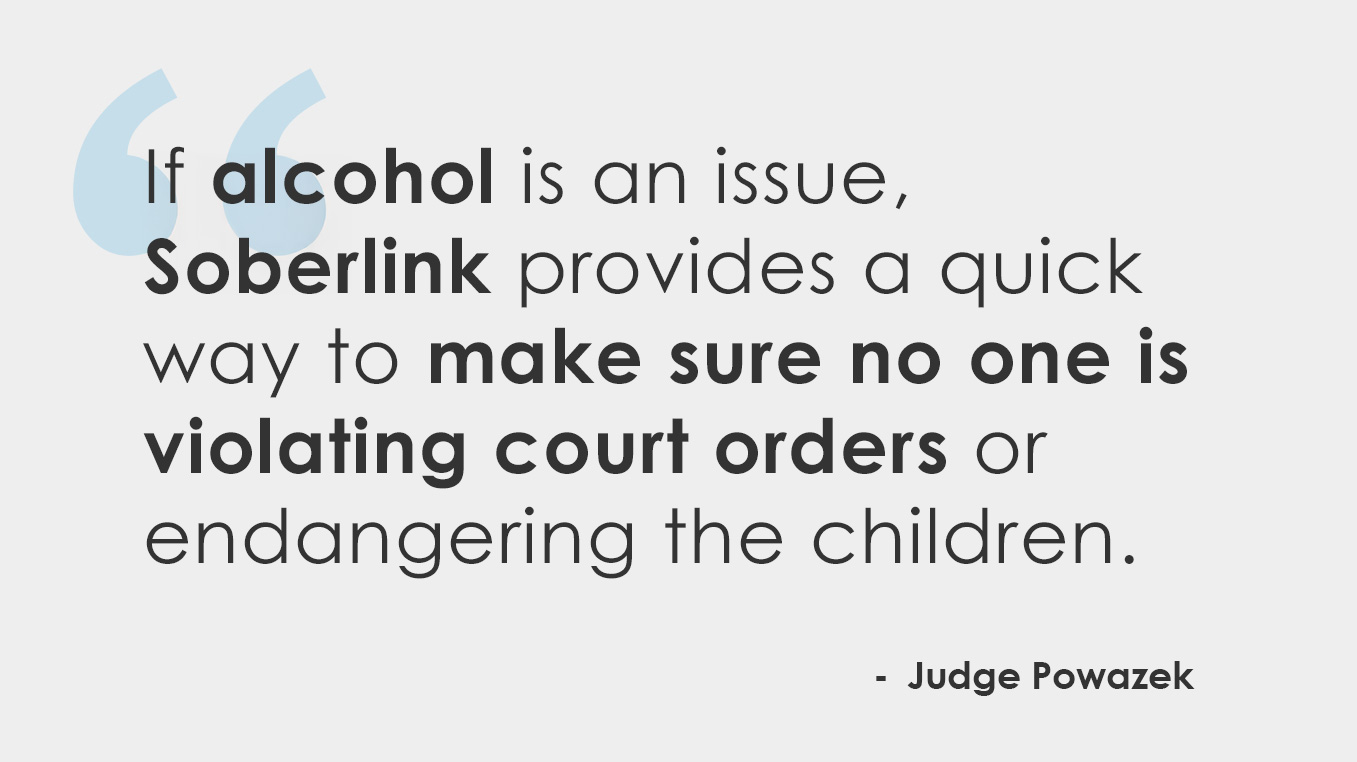.png)
No matter how many divorce and custody cases a family law professional faces, each one can feel deeply emotional. Divorce is one of the most difficult things that people, especially children, have to face. The fear, anger, and uncertainty that come with this major life change can make it hard for parents to accept solutions, come to a compromise, and seek a way forward which creates additional conflict that the family law professional must now navigate.
Clients need compassion and understanding. But as Judge Harry L. Powazek, a retired judicial officer with nearly 30 years on the bench, explains, empathy must be balanced with objectivity.
“After nearly three decades on the bench, I’ve learned that no case is the same. Each one depends on the dynamics of the parties, the kids, the assets, and the attorneys. For attorneys, my advice is simple: don’t become part of the problem. Don’t get sucked into the case or lose your objectivity.”
When emotions run high, objectivity becomes the skill that protects both the process and the people involved.
Options for Clients: Mediation and Private Judging to Support Courts

Families today have more ways to reach resolution. Mediation and private judging allow cases to move forward more efficiently while giving both sides a sense of control and involvement. Attorneys and other professionals are still very much involved in the process, but knowing how to balance compassion and objectivity can help parents come to agreements that they actually believe in, rather than just being ordered to do something.
“Agreements reached between the parties tend to last longer and be more effective than when a judge just makes an order,” Judge Powazek says. “The agreement is something they buy into. They have an investment in it.”
Being able to guide parents to a conclusion using these methods can make better use of everyone’s time and reduce the frustration that often comes from long waits for hearings.
Most importantly, they still result in enforceable outcomes.
“If the parties reach an agreement, and 95% of my cases do, we prepare a document that both parties and their attorneys sign before they leave. It becomes an enforceable agreement and can be entered as a judgment signed by a Superior Court judge.”
When used thoughtfully, mediation and private judging help the courts by giving families a practical path to resolution. And if the case still goes before a judge in court, much of the groundwork will already be in place, making the final order easier for everyone to accept and uphold.
Remaining Neutral in Evidence and Beyond

Every professional involved in a custody case has influence. The way attorneys communicate, present evidence, and guide their clients can either calm a conflict or intensify it. Judge Powazek has seen both outcomes.
“Some attorneys become part of the problem. When I was on the bench, there were times when I’d think, “What are you doing?”
He recalls one custody matter that had reached a breaking point.
“Halfway through I stopped and said, ‘By the time you’re done with this hearing, these parties are never going to talk to each other again.’ And[BK1] these were decent parents.”
Remaining neutral does not mean being detached. It means focusing on facts that can be verified. The attorney who keeps perspective helps the entire process stay steady. When professionals remain calm and evidence-based, it encourages everyone else to do the same.
Objectivity Through Technology: Keeping Children Out of Conflict

For family law professionals, maintaining objectivity often depends on having reliable information. Technology now plays a major role in providing that. Digital tools can remove uncertainty, reduce opportunities for conflict, and help attorneys focus on verified data instead of emotional claims.
Judge Powazek has seen firsthand how the right systems can bring clarity to difficult cases.
“Tools like TalkingParents and Soberlink have helped immensely. I used both when I was on the bench. TalkingParents prevented unnecessary personal interaction between the parties. If alcohol is an issue, Soberlink provides a quick way to make sure no one is violating court orders or endangering the children.”
Soberlink supports objectivity by keeping children out of the middle. In many custody cases involving alcohol, parents who lack clear evidence often turn to their children for answers. Questions like “Was your mom drinking?” or “Did your dad seem okay?” place enormous emotional pressure on the child and deepen conflict between parents. By providing verified results that are shared directly with attorneys, evaluators, or Concerned Parties, Soberlink removes the need for those painful conversations. The device delivers clear, court-admissible data so parents don’t have to rely on their child’s observations or memory to determine the truth.
How Soberlink Works
Soberlink verifies sobriety automatically through a handheld device that uses facial recognition to confirm identity and built-in sensors to detect tampering. Each test produces a time-stamped, verified result that is instantly shared with authorized parties, such as attorneys, evaluators, or Concerned Parties.
Tampering refers to attempts to interfere with or falsify a test result, such as having another person test, using outside air like an air pump, or altering the device physically. Soberlink detects these efforts through various proprietary sensors, ensuring every result is genuine.

Other systems often rely on an outside phone or app to capture photos or videos during testing, which must then be reviewed manually to confirm who was taking the test. That extra step adds subjectivity to an already emotional process. If one parent is responsible for reviewing the other’s photos, the review itself can reignite conflict. Soberlink eliminates that risk by combining all verification features into one secure device. Facial recognition, tamper detection, and data transmission happen automatically within the system, keeping the process objective from start to finish.
Judge Powazek has long recognized the value of that level of certainty.
“I’ve always loved Soberlink. I remember when testing meant wearing an ankle monitor. Soberlink has come a long way with facial recognition. There’s really no way to cheat it now. It gives the custodial parent peace of mind, knowing the other parent isn’t drinking while caring for the kids. The tests are quick and verifiable. It’s a great tool, and I encourage people to use it.”
For attorneys, Soberlink’s reliability transforms what could be a volatile issue into a matter of record. It keeps the evidence clean, the focus on the facts, and the children safely out of the middle.
Together, We Can Restore Stability in High-Conflict Custody Cases
Families in crisis depend on their legal and professional teams for stability. Objectivity gives them that foundation. By combining empathy with evidence and by using verified tools like Soberlink, family law professionals can help families move forward with greater trust and safety.
Learn more about integrating Soberlink into your practice through a private Lunch and Learn session.
About Judge Harry L. Powazek
Hon. Harry L. Powazek (Ret.) served on the bench for nearly 30 years, primarily in family law, with additional assignments in probate and the trial department. He also presided over the North County Drug Court program in San Diego for more than 15 years, one of the most rewarding chapters of his judicial career.
Since retiring 18 months ago, Judge Powazek has continued his service to the legal community as a mediator and private judge with Signature Resolution. He has written extensively for the Los Angeles Daily Journal on topics including family law, substance abuse, and the effectiveness of the courts. His columns include:
- Legal Tools for Addressing Substance Abuse in Family Court Cases
- Family Law Crisis: Why Divorce Cases Now Take Years and Cost More
You can also find his Daily Journal judicial profiles and professional background online. Judge Powazek recently presented a continuing education seminar for the Beverly Hills Bar Association on family law and substance abuse, available on YouTube.
